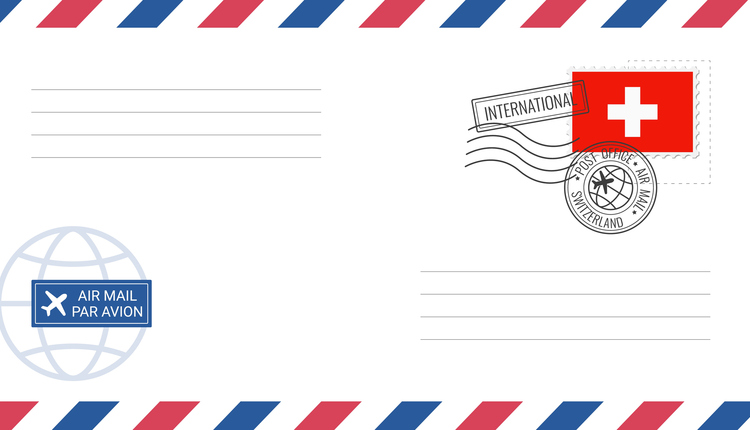A controversy between the member countries of the Universal Postal Union (UPU) and the 27 EU countries plus Norway and Switzerland raises questions about whether a country can impose controls on what passes through its national borders or whether international treaty agreements can impose restrictions on national controls. It has implications for enforcement of national restrictions, including those in the US — and the disagreement cannot be easily resolved.
A majority of the UPU member countries rejected proposals to modify the UPU Constitution to allow the enforcement laid out in ICS2 Release 2 at the UPU’s Extraordinary Congress last October and again during their quarterly Postal Operators Council (POC) plenary in November. The UPU Constitution is an agreement among its 192 member countries. ICS2 is the customs requirements enacted into law in the 27 EU countries plus Norway and Switzerland.
The two legal requirements are in direct conflict over provision of Advanced Electronic Data (AED, also known as EAD) for postal goods transiting or being transshipped through the 29 countries that have implemented ICS2 R2. While more than 100 countries require AED according to the UPU, detailed AED for items in transit has created conflict among the UPU member countries. ISC2 R2 was to come into full enforcement on October 2, 2023; it has been delayed until April 1, 2024 because of this disagreement.
The EU contends that ISC2 R2 is needed to protect the transit supply chain and the security and safety of the European Union. Their position is that these controls are essential to their border controls. The controls will apply equally to postal, express, and cargo goods and carriers. Some in the EU have suggested that other countries and regions are likely to move in this direction.
The UPU members have found the concept of allowing reciprocal treatment of postal material from other member countries and transport of items in transit to other member countries sufficiently important that they are enumerated in Article I of the UPU Constitution. Those countries opposing the amendment of the UPU agreements believe the position of the EU is at odds with those agreements on postal goods in transit or transshipment.
The UPU has restrictions on dangerous and illegal goods and other standards on security that member countries are required to follow. Any security measures for international postal items, according to the UPU agreements, must be proportionate with the risks or threats they are designed to address, applied without hindering international mail flows, and implemented in a coordinated and balanced manner. Those countries opposing the ISC2 R2 at the UPU maintain that the measures being instituted by the 29 countries do not meet these requirements.
This brings us to an impasse between the 29 ISC2 countries and those countries that oppose the requirements for AED applied to postal goods in transit or transshipped through the ISC2 countries. A majority of the UPU member countries opposed the proposals to amend the UPU agreements to systematize them with ISC2 in October, 2023, at the UPU Extraordinary Congress; a majority of the UPU POC members opposed this in November, 2023. The POC referred this matter to the Council of Administration (CA), which will consider this at a country-policy matter, rather than a matter between postal operators.
Meanwhile, non-postal private carriers (express transporters, airlines, and others) carrying goods through the 29 ISC2 countries are being required to comply with the new requirements. There have been unconfirmed reports that some air carriers are avoiding the contracts to carry goods transiting the ISC2 countries. This should raise concern about the global transport of goods.
Both sides are firm in their positions. Those opposing the additional AED requirements contend that there is a fundamental difference between goods in transit and imported goods. The ISC2 countries contend these AED requirements are necessary for security. No simple resolution is apparent.
Beyond this disagreement, practical concerns about the provision of AED for goods in transit and transshipment remain. Considerations about security and privacy have been raised with detailed data about individuals and business sending and receiving packages disclosed to more parties in multiple countries.
Merry Law is President of WorldVu LLC and the editor of Guide to Worldwide Postal-Code and Address Formats. She is a member of the UPU’s Addressing Work Group and of the U.S. International Postal and Delivery Services Federal Advisory Committee.
This article originally appeared in the January/February, 2024 issue of Mailing Systems Technology.









